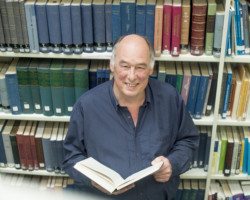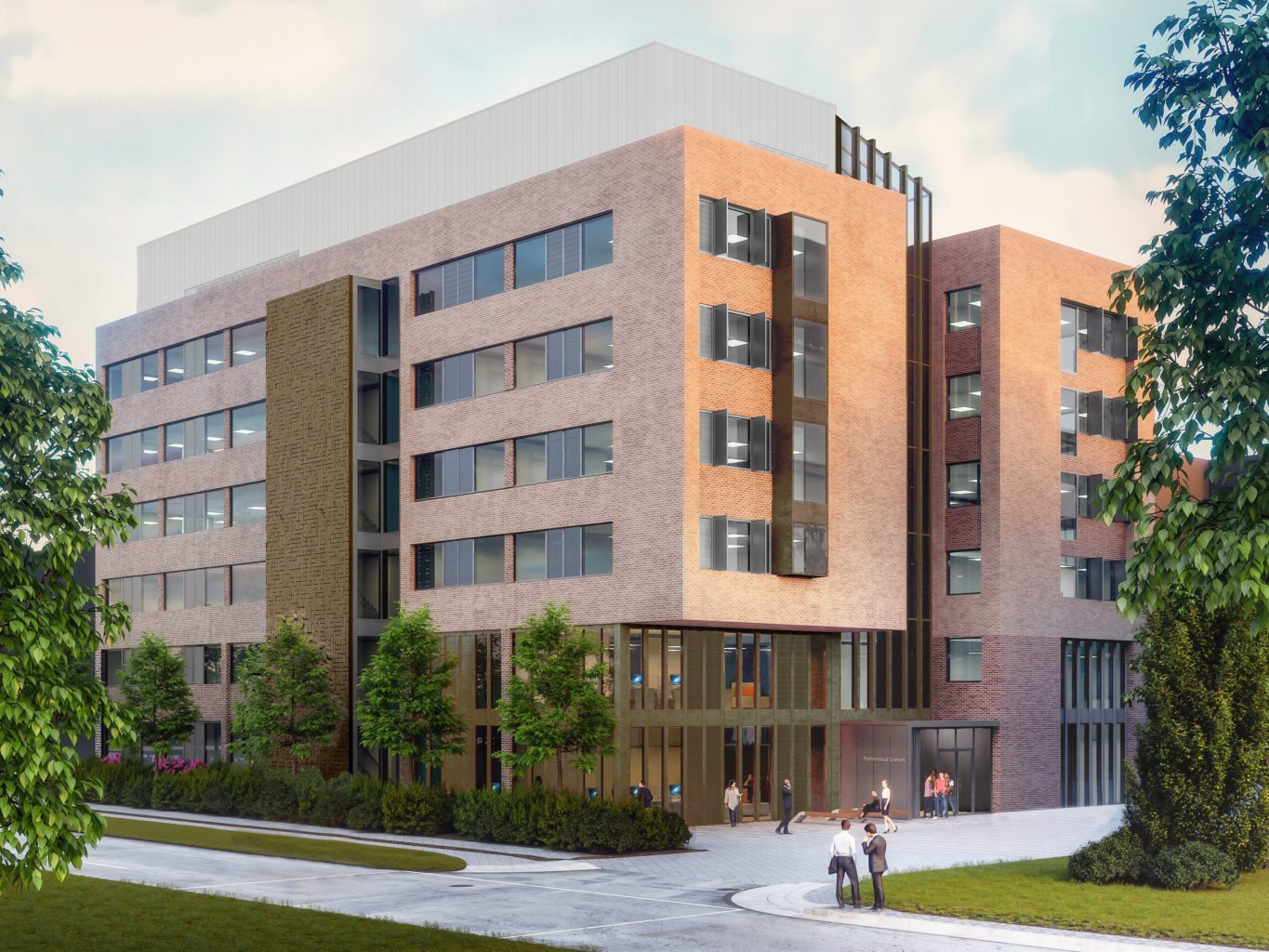Warwick awarded £2 million grant for new Mathematical Sciences building
The University of Warwick has recently been awarded a grant of £2 million from the Wolfson Foundation to build a new Mathematical Sciences building. A further £25 million from other sources will cover the full cost of the £27 million development. The building, which is for the use of Warwick’s Maths, Statistics and Computer Science departments, aims to promote a multi-disciplinary teaching and learning environment for staff and students. It is to be constructed close to the present Maths and Statistics building and work is thought to begin in the first half of 2017.

Professor Colin Sparrow hopes the building will help the departments to work more closely. Image: Warwick Media Library
The Wolfson Foundation is an independent charity that funds research by awarding grants in many disciplines, from science and medicine to arts and humanities. Since its establishment in 1955, the foundation has awarded approximately £800 million in grants, and Warwick has been no stranger to their donations. As well as grants awarded to the humanities department, in 2001 the University was awarded £2.5 million to aid biomedical research, and £225,000 was awarded to three doctoral research projects in 2012. The Mathematics, Statistics and Computer Science departments have also received recognition from the foundation in the past, with them holding 11 Royal Society Wolfson Merit awardees- recipients of a five-year salary increase funded by the Royal Society and Wolfson- between them.
Professor Colin Sparrow, the head of the University’s Mathematics Institute, hopes that the shared building will allow the three departments “to grow and work even more closely together”. This collaboration is increasingly important due to Warwick being one of the founding universities of the Alan Turing Institute.
The Turing Institute was created in 2015 by a partnership between the Physical Sciences Research Council, UCL, the Universities of Cambridge, Oxford, and Edinburgh, and our very own Warwick. It is the national institute for data science, formed in order to address the need for more research in this area. It is therefore intended that Warwick’s Mathematical Science building will also contribute to this project by including facilities for further research and teaching in data science.
The Mathematics, Statistics and Computer Science departments have also received recognition from the foundation in the past
With this is mind, it is unsurprising that the collaborative working environment is expected to allow the departments involved to make leaps in their research. Paul Ramsbottom, Chief Executive of the Wolfson Foundation, seems to share this view, stating “The Wolfson Foundation is a charity that only makes awards following a rigorous review process, and our grants are intended to serve as a badge of excellence… the quality of this project is demonstrated by the fact that this is our joint largest award this year.”
While certainly words of praise, this statement and Warwick’s involvement in the projects mentioned (not to mention the price of the build!) puts pressure on the departments to deliver once the building is complete. However, if the research quality ratings of the computer science and maths and statistics departments (2nd and 3rd in the UK in 2014 respectively) are anything to go by, this shouldn’t be a problem.

Comments (1)
The year is 2842. Humans travel by teleportation and everyone receives fair wages. The Earth’s population is healthier than ever and life expectancy has increased to 370. Warwick still haven’t built a fucking humanities building.